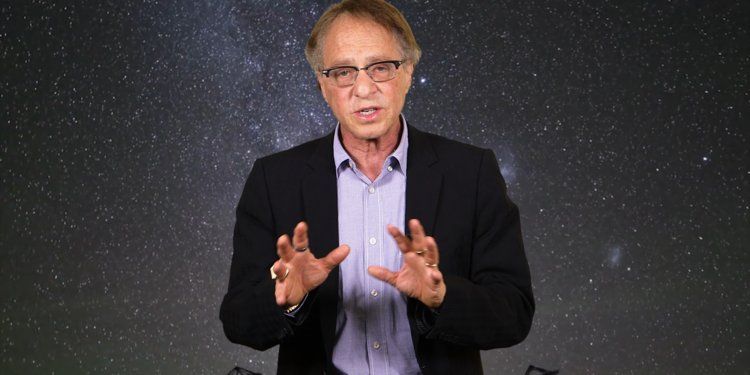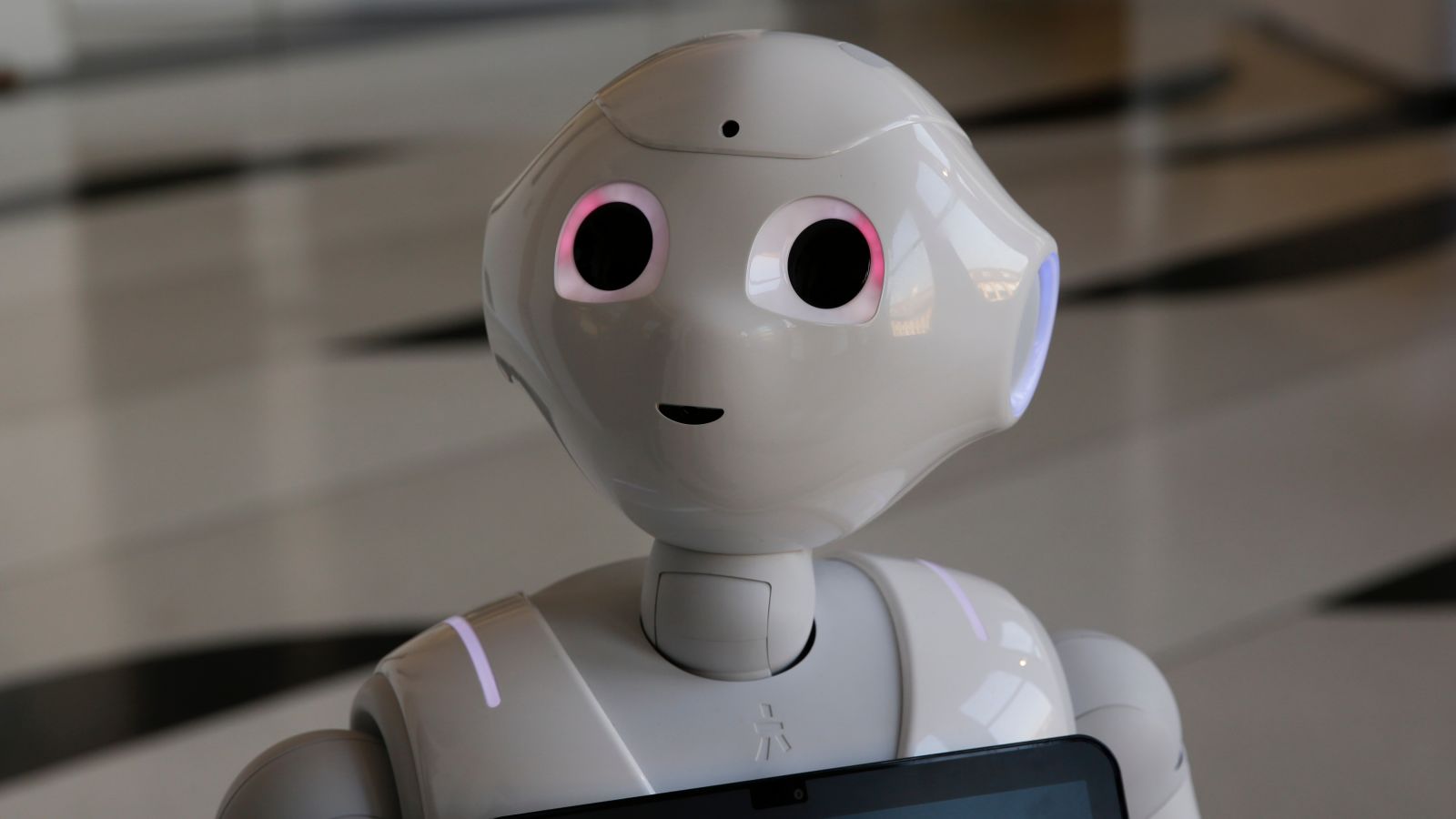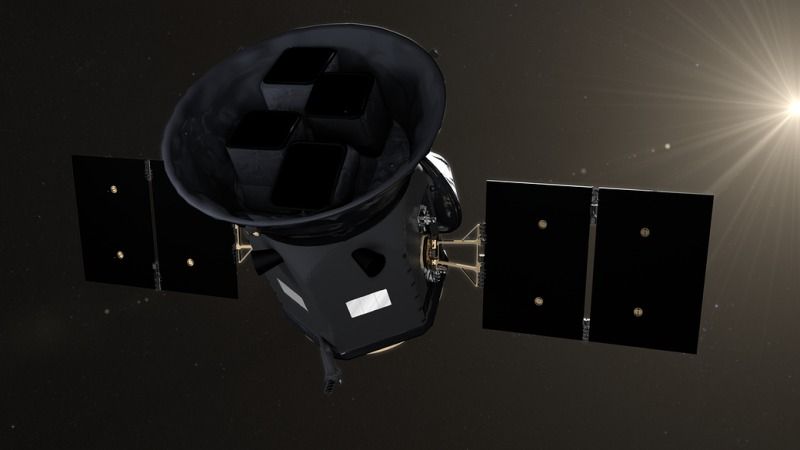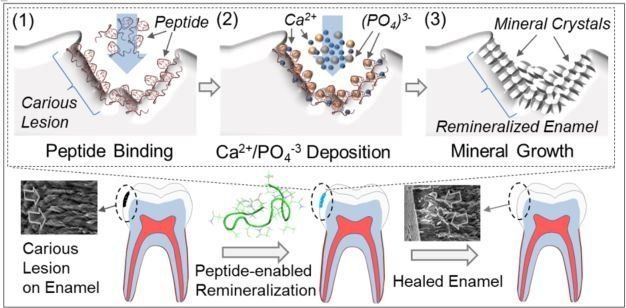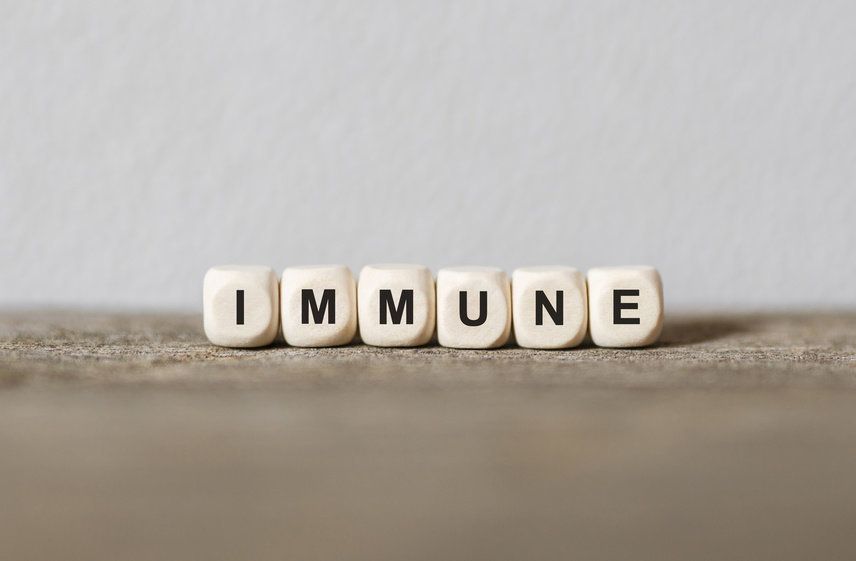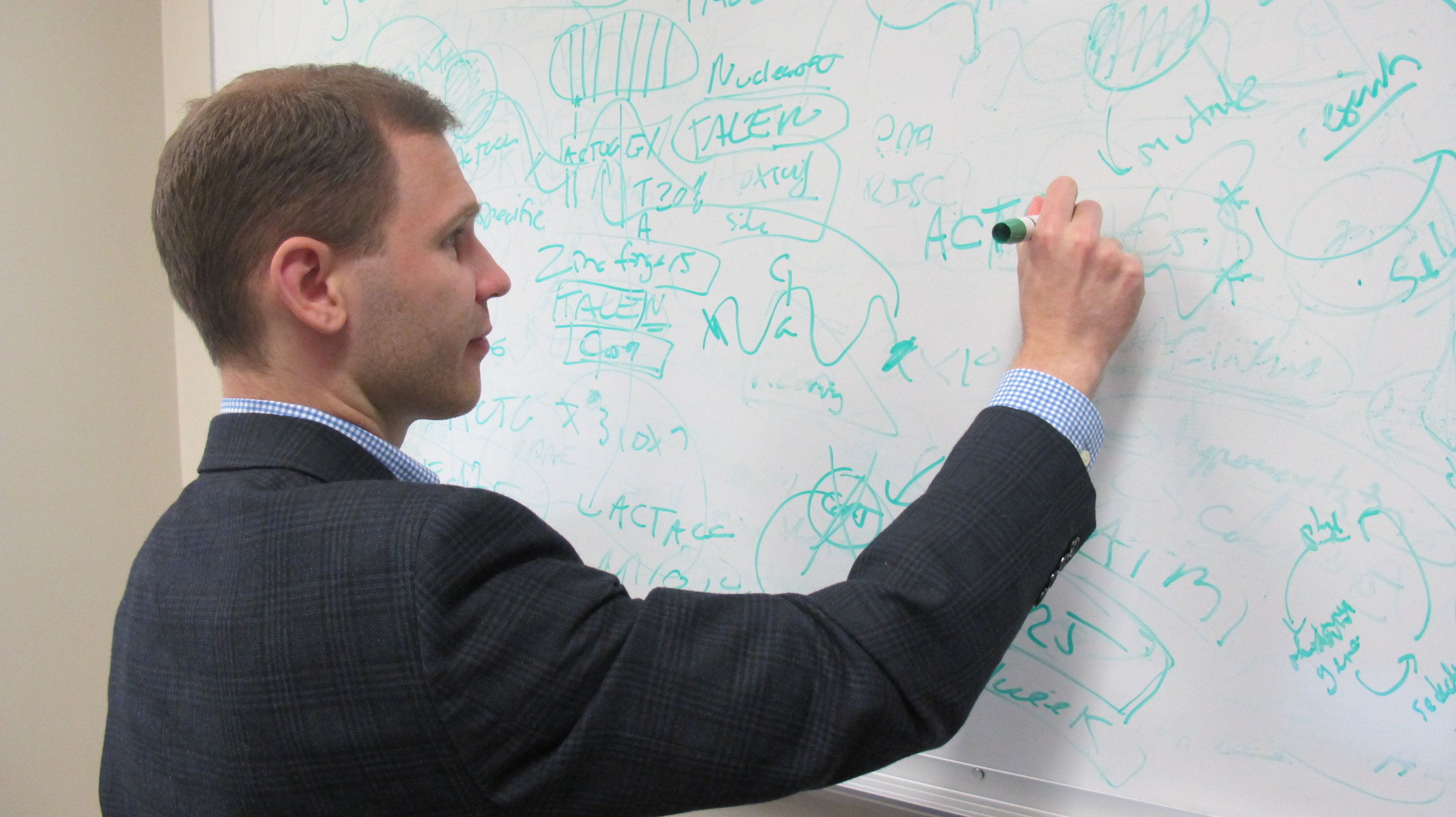Apr 14, 2018
Google futurist and director of engineering: Basic income will spread worldwide by the 2030s
Posted by Genevieve Klien in categories: bioengineering, biotech/medical, economics, employment, Ray Kurzweil, robotics/AI
- Basic income will be widespread by the 2030s, according to Google futurist and director of engineering Ray Kurzweil.
- Kurzweil is known for making seemingly wild predictions. In 2016, he predicted that by 2029, medical technology will add an extra year to human life expectancies on an annual basis.
- ” We’re going to have more and more powerful technology to keep our physical bodies going. We’ll think, ‘Wow, back in 2018, people only had one body, and they couldn’t back up their mind file,’” he said onstage at TED.
As it becomes apparent that artificial intelligence will replace ever-more jobs in the coming years, a growing number of politicians, nonprofits, and Silicon Valley entrepreneurs have started thinking about how we’ll cope with a world in which not everyone can — or needs to — work.
Basic income experiments, in which people are given a regular salary just to live, no strings attached, are popping up all over Europe, Africa, and North America.
